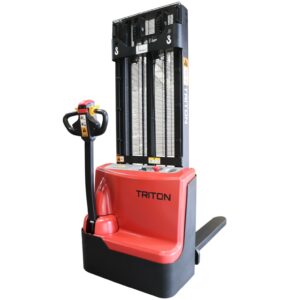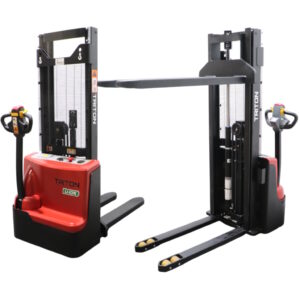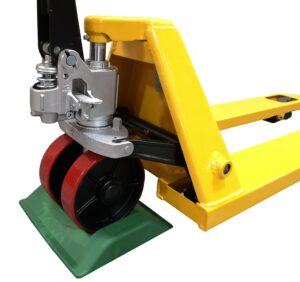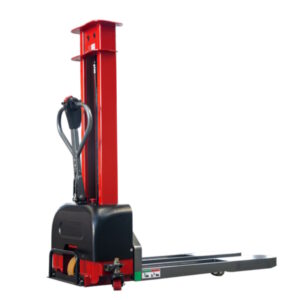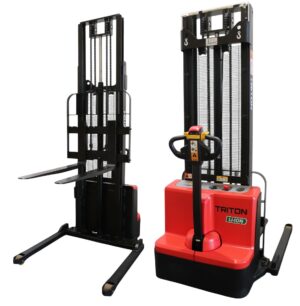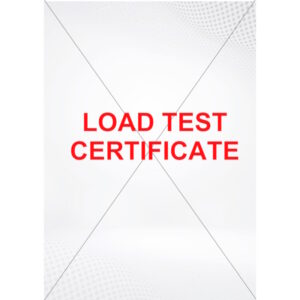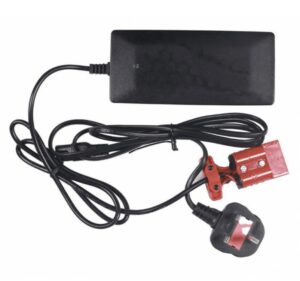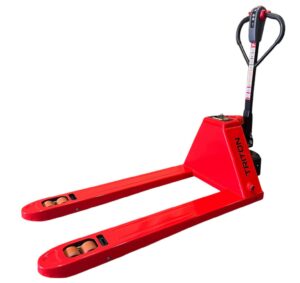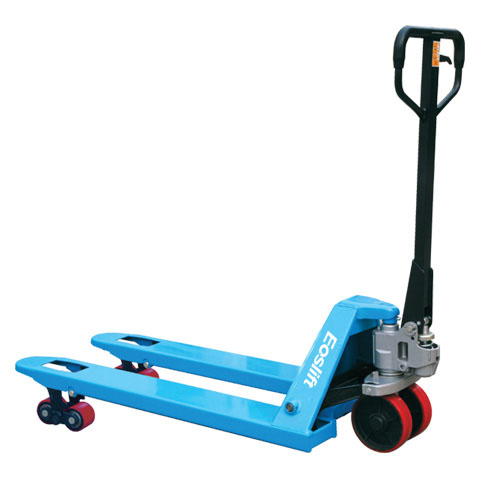When it’s time to add a brand new pallet truck to the fleet, there are many aspects of the circumstances that need to be considered. Price is obviously and important consideration, and with capacity and construction to bear in mind, there are so many different decisions that need to be made in order to walk away from the facility with the right pallet truck in tow.
Phil Chesworth, Managing Director of pallet truck specialists Midland Pallet Trucks, says, “The pallet truck is often the foundation of the entire fleet; they are hardwearing and versatile and carry out a wide range of tasks. But their lack of speciality and their all-round versatility makes them very difficult to buy; each organisation must decide what they as a company are looking for in their hand pallet trucks.”
The first thing that must be taken into consideration is the size of the pallets that will be lifted by the truck. Rather than have one universal pallet size, most continents have a different sized pallet, ranging from 1219mm × 1016mm in North America to 1067mm × 1067mm which is often used in Europe and Asia. By far the most popular size pallet truck measures in at 550mm x 1150mm; it can hold a good number of the pallets from around the world, and offers the highest level of versatility when dealing with uncommon pallets from far-off destinations.
Weight and capacity is the second most important thing to decide upon when choosing a pallet truck. Will it be used for hauling extremely heavy loads around a huge warehouse, or will it be used for much smaller volumes of goods? It is also important to consider what might happen in the future at this point; if the business expands and needs to carry a higher volume of goods, will the entire fleet need an upgrade?
Next consider the material that the truck will be made from, and the environment it will be used in. Will it constantly come into contact with harsh chemicals? Will it regularly be used in adverse environments like freezers or docks? In this case, a specialist form of truck might be needed, perhaps one constructed from galvanized steel, which can withstand all sorts of chemicals, hygiene procedures, low temperature or adverse conditions.
Bearing in mind the type of environment that the truck will be used in, those buying a pallet truck can now also decide on what wheels they might choose. Nylon wheels are incredibly hardwearing and are suitable for use in slightly harsher areas, whereas polyurethane (PU) wheels aren’t quite as durable but are perfect for use where quiet operation is crucial. Shop floors, supermarkets and all public areas benefit from PU wheels, but behind the scenes in the warehouses and the factories, it is nylon that often wins out.
Ticking each of these considerations off the list in this order can help an organisation to invest properly in their new pallet trucks, whether they are purchasing a single addition to a fleet, or an entire pallet truck taskforce.

